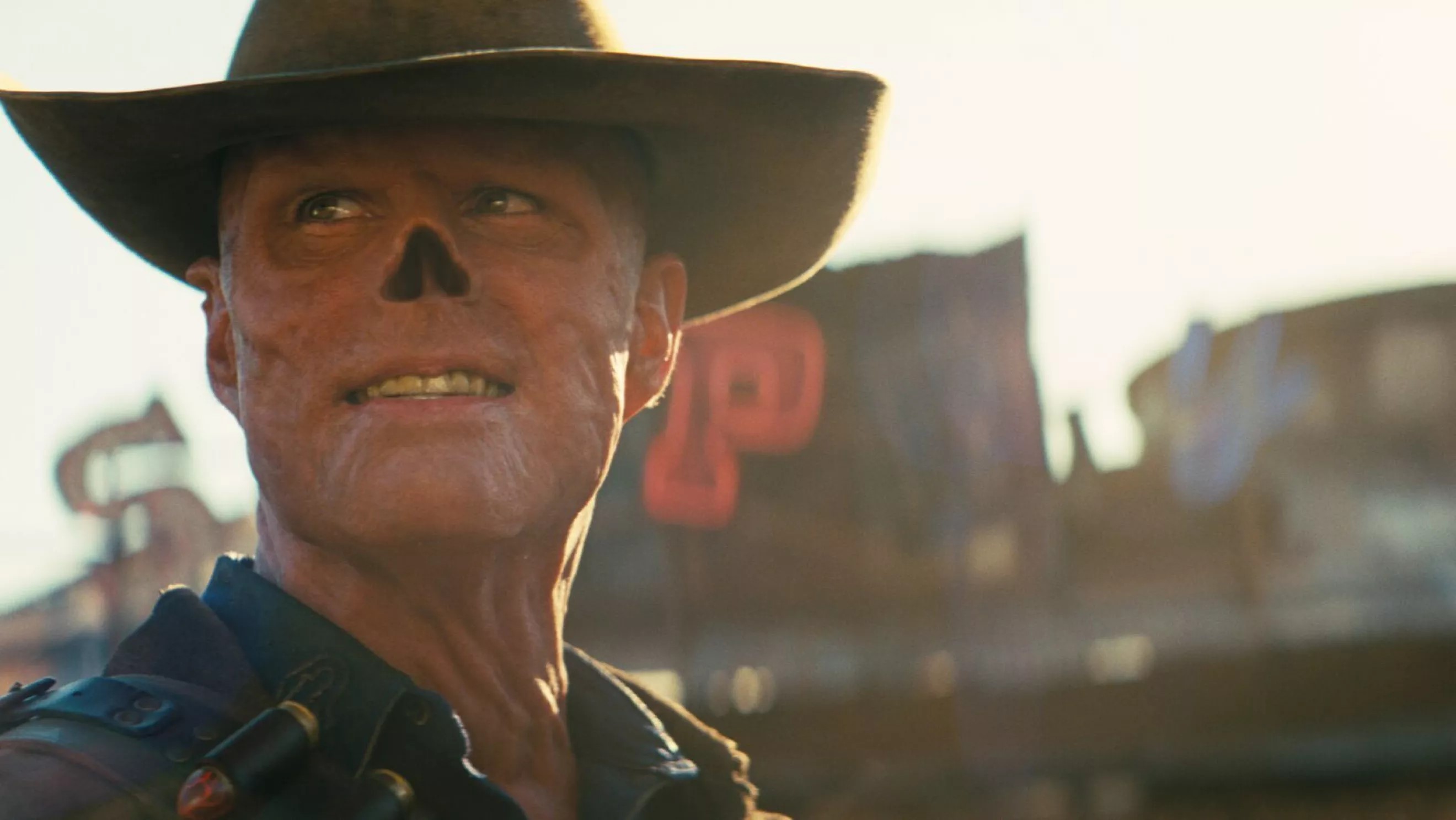Elden Ring rekindles game difficulty debate — and I’m sick of it
Elden Ring is almost here; are we really having this discussion again?
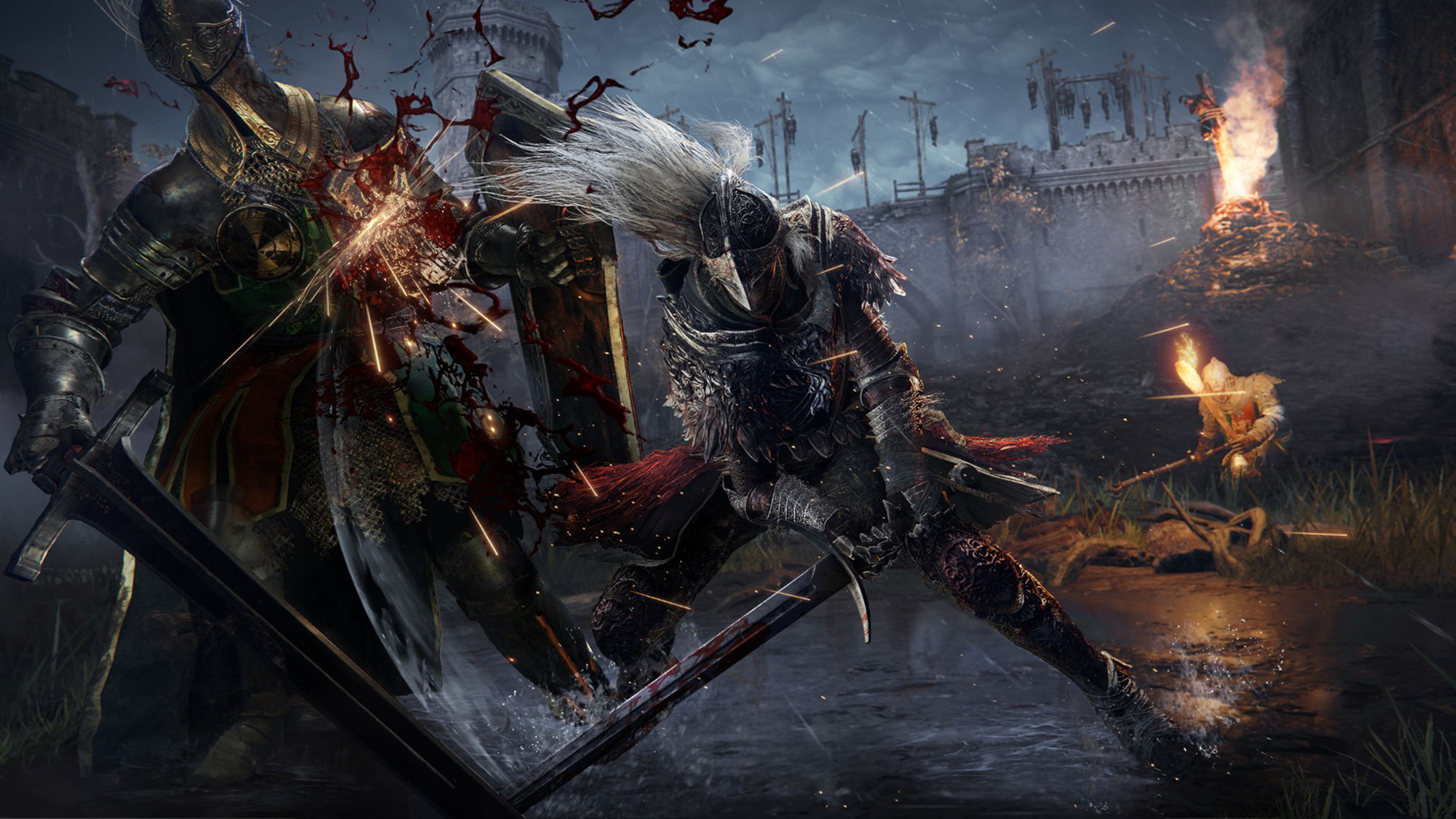
Elden Ring is currently in the gaming community's zeitgeist thanks to the recent closed network test. Made in collaboration with Game of Thrones creator George R.R. Martin, Elden Ring will bring the “Soulsborne” formula to next-gen consoles, offering improved gameplay and graphics, compared to its predecessors.
Although it's technically a new IP, Elden Ring has reignited the same old conversation we’ve seen every time a new FromSoftware game comes out. Namely, whether or not FromSoftware titles should include difficulty options.
FromSoftware games, such as Demon's Souls, Dark Souls, Bloodborne and Sekiro: Shadows Die Twice, have a reputation for being extremely challenging. This is why you see so many difficult games from other developers saddled with the “Dark Souls of” moniker. Justified or not, many gamers view Soulsborne (a portmanteau of Dark Souls and Bloodborne) titles as the gold standard when it comes to difficulty in video games.
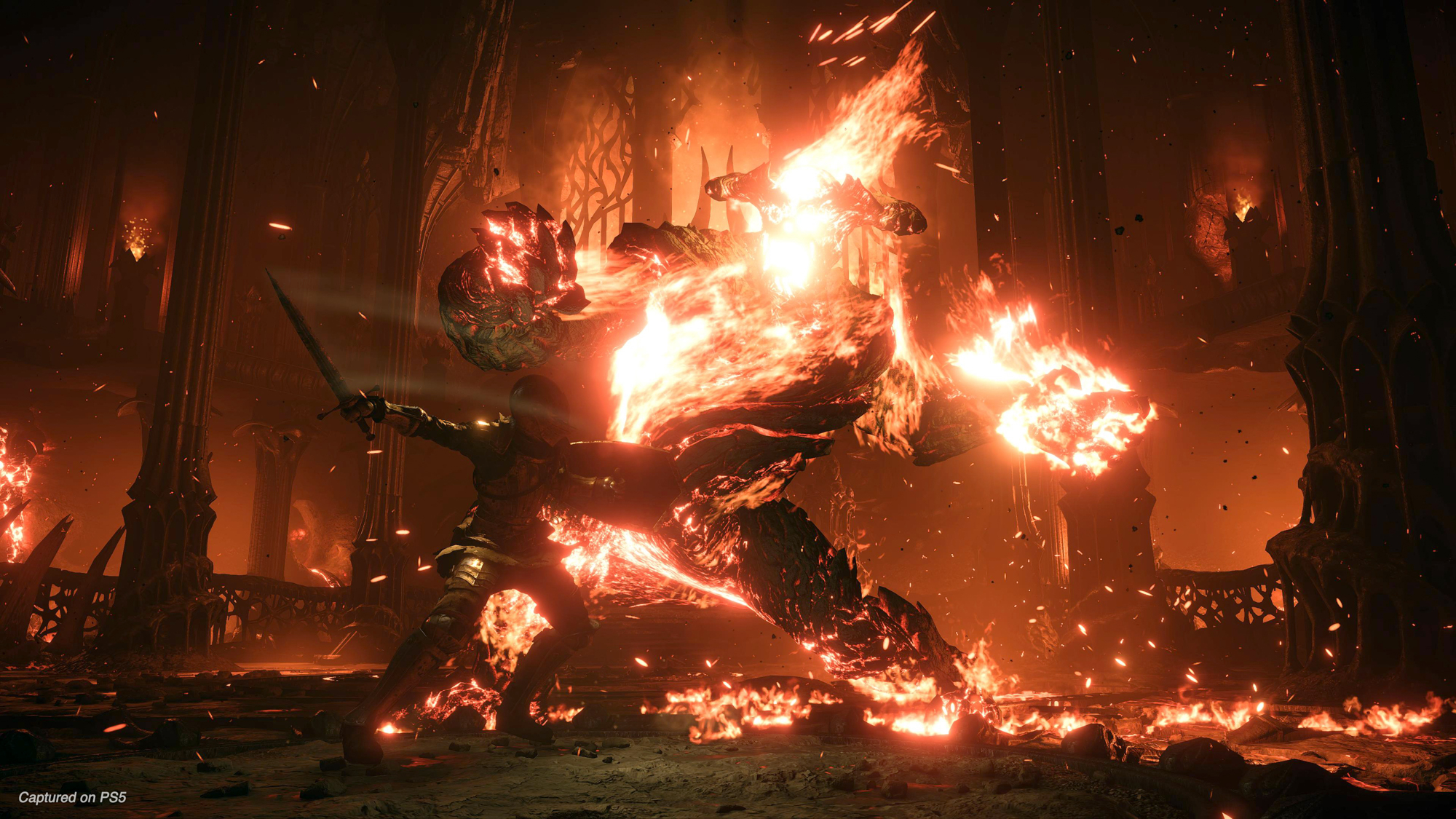
The games’ challenging mechanics have been a divisive topic for more than a decade. Proponents appreciate the steep learning curve, considering it a refreshing change of pace from a perceived lack of challenge in most mainstream, big-budget games. Folks on the other side of the argument feel that FromSoftware should implement difficulty settings in its games. This, they say, would allow a wider variety of players to enjoy the company's titles.
Most of these conversations happen on social media. Anyone who spends even ten minutes on sites like Facebook and Twitter knows how toxic and divisive even simple disagreements can become. Soulsborne discussions are no different. Fans of the games often tell detractors to “git gud” and master the abstruse mechanics. Opponents accuse those fans of gatekeeping and being exclusionary. Neither side seems willing to give ground.
While I sympathize with people who wish Soulsborne games included difficulty options, I cannot stand beside them. This isn’t because I don’t believe in difficulty settings. In fact, I think most games should include them. However, having such options in Soulsborne titles would negatively affect the core experiences that those games provide. With respect to people who want difficulty settings in FromSoftware’s titles: You may be missing the point of what makes these games unique.
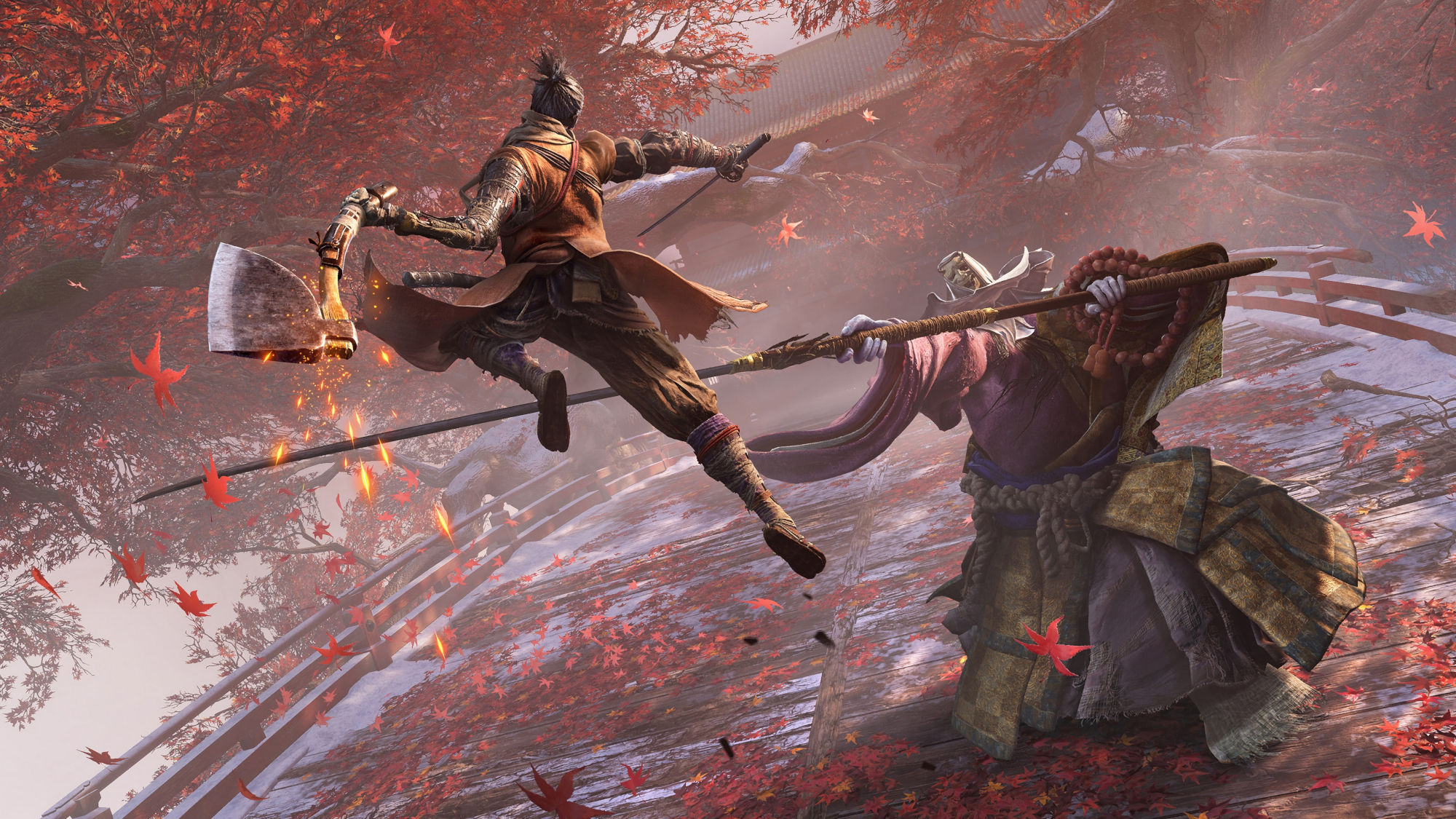
Soulsborne games encourage players to carefully explore their environments. Enemies and traps can surprise you at any moment if you aren’t vigilant. As such, it’s best to tread carefully as you progress through different areas. The tension you feel, knowing that danger lurks in every corner, mimics what your player-created character is supposed to experience. This, in turn, amplifies the game’s immersion, since a momentary lapse in concentration could get you killed.
In Soulsborne titles, you face fewer foes than in many other action games. However, even lowly blob monsters or shambling zombies can end your progress if you don’t learn their specific attack patterns. Each enemy is, in its own way, a mini-boss. Since you aren't dealing with a deluge of foes, it's easy to pick up on eachone's basic patterns. Studying enemies and learning how to survive against them prepares you for the games' challenging boss fights. There are no throwaway encounters in Soulsborne games.
Defeating bosses instills a massive sense of accomplishment, which most other games simply can't replicate. This is because it’s all but impossible to defeat a boss by accident or luck. Victory comes from trial and error. You will not progress until you have mastered each boss fight's specific mechanics — whether that means dodging, countering or using the environment to aid you. As with every aspect of Soulsborne design, boss battles command your complete attention.
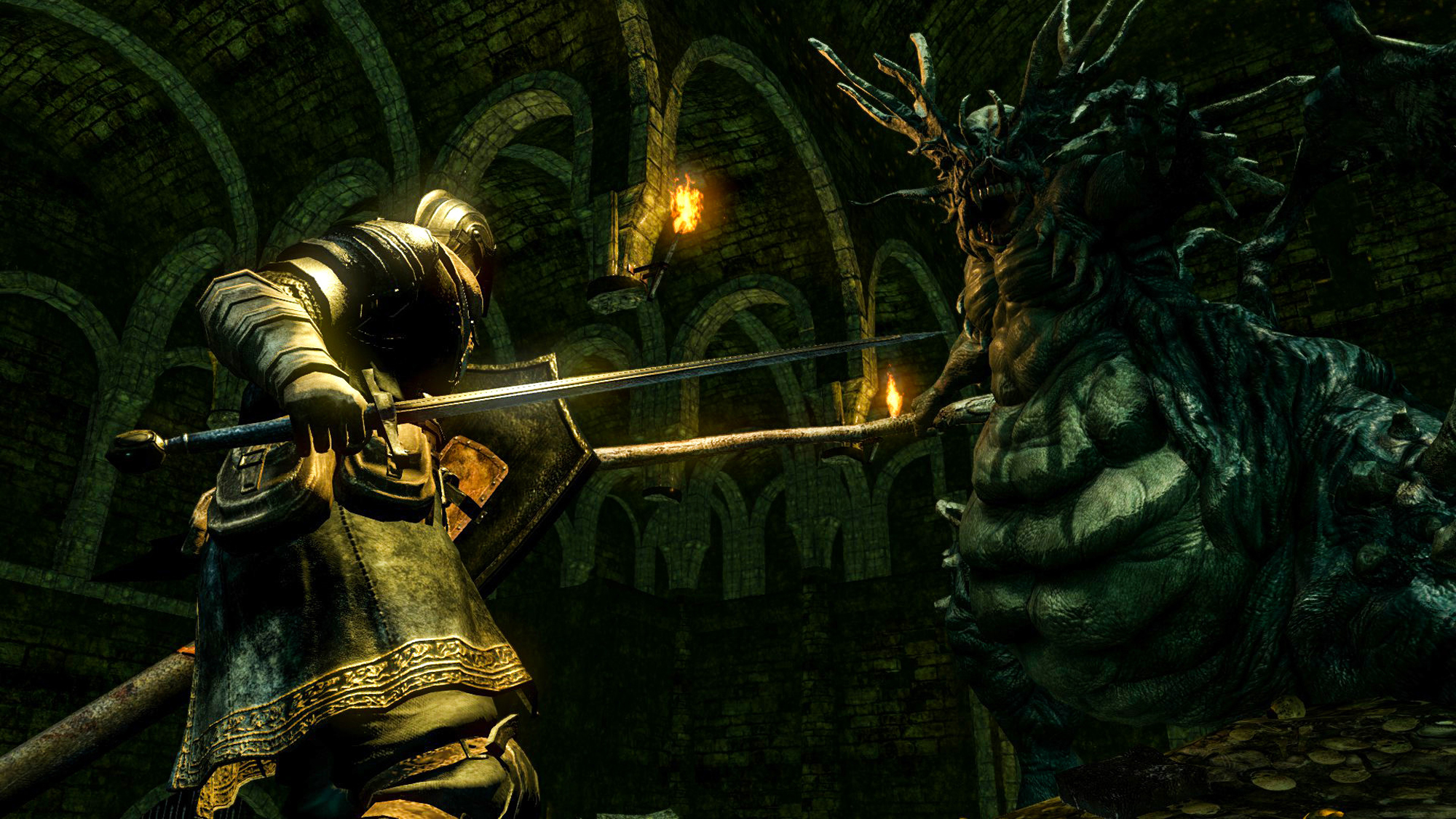
Lower difficulty settings would destroy the games’ sense of immersion. Traversing each title's devastated landscapes wouldn’t instill the pervasive sense of dread that the developers want you to feel. Defeating enemies and bosses wouldn’t be as satisfying if you could bring them down with a few quick sword strikes. I’m sure this experience would be enjoyable for some players, but I think it would also strip away what makes these titles special.
There is an argument that video games should be for everyone. I sympathize with this sentiment, but I have to wholeheartedly disagree. To use films as an analogy: Should horror movies or historical dramas be for everyone? Wouldn’t they be diminished if filmmakers tailored them for a wider audience? There’s nothing inherently wrong with content made for the masses, but there's also nothing wrong with more directed experiences. In short, not every movie, TV show, comic book or video game has to be for everyone.
There’s inherent value in something that eschews modern trends in order to make an artistic statement — even if that statement alienates a portion of the gaming audience.
Soulsborne titles engage players by asking them to master a handful of basic mechanics. Over the years, these titles have become more user-friendly, with easier-to-understand submenus, or extra shortcuts and checkpoints. But they are still made for people who want a genuine challenge, which they can feel good about surmounting. I think there’s inherent value in something that eschews modern trends in order to make an artistic statement — even if that statement alienates a portion of the gaming audience.
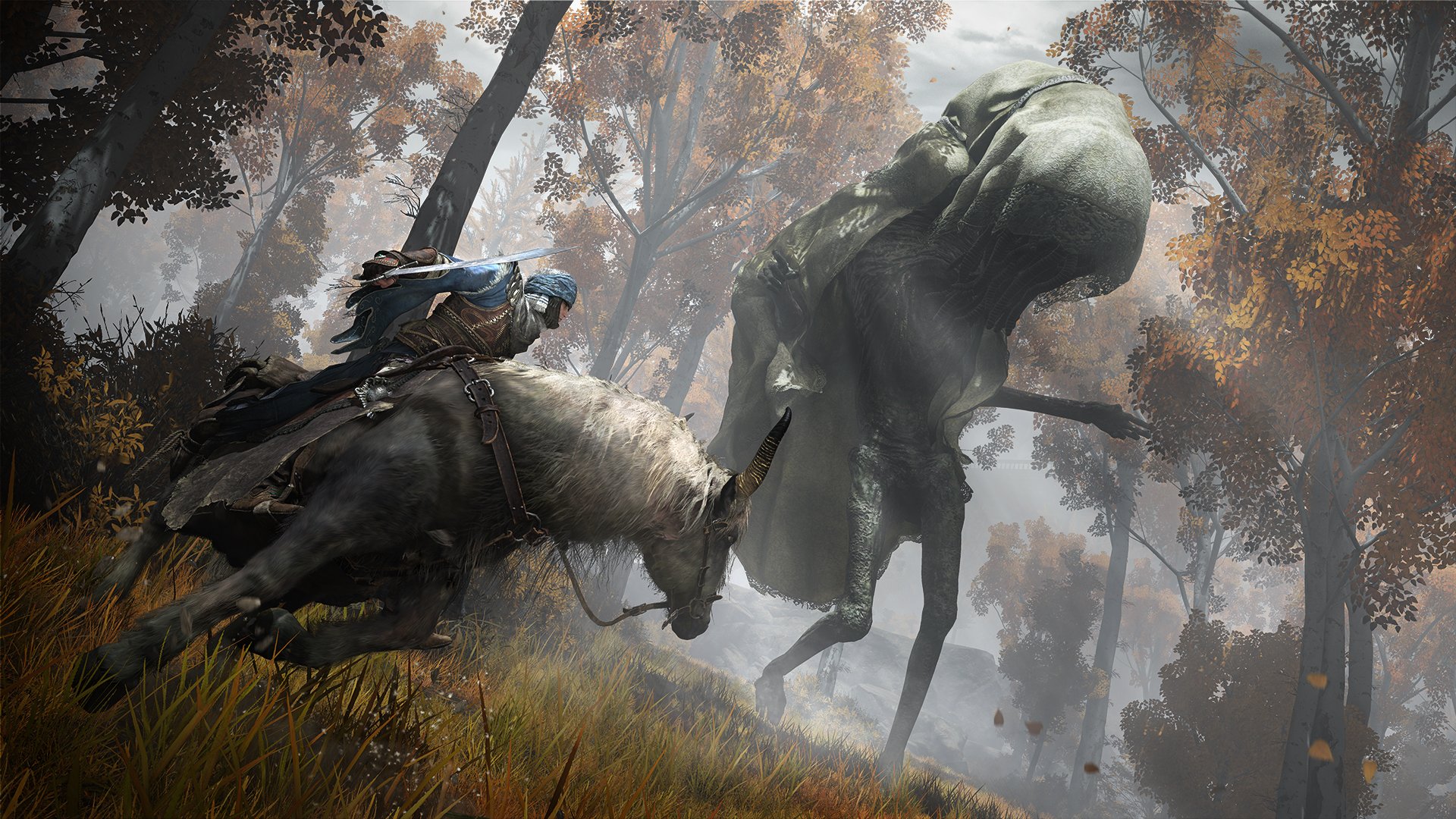
Quite frankly, the conversations that spring up with each new FromSoftware release get us nowhere. The developer has already stated that it has no plans to add difficulty options to its games. As such, I think both sides should agree to disagree and move on. Soulsborne fans need to stop mocking gamers who are not into challenging games. Telling people to "git gud" is asinine and childish. Conversely, the other side should recognize that it's OK if not every game is for them. But for the love of all that’s good, can we finally stop having this discussion? It’s time we put the Soulsborne difficulty debate to bed once and for all.
There’s inherent value in something that eschews modern trends in order to make an artistic statement — even if that statement alienates a portion of the gaming audience.
Sign up to get the BEST of Tom's Guide direct to your inbox.
Get instant access to breaking news, the hottest reviews, great deals and helpful tips.

Tony is a computing writer at Tom’s Guide covering laptops, tablets, Windows, and iOS. During his off-hours, Tony enjoys reading comic books, playing video games, reading speculative fiction novels, and spending too much time on X/Twitter. His non-nerdy pursuits involve attending Hard Rock/Heavy Metal concerts and going to NYC bars with friends and colleagues. His work has appeared in publications such as Laptop Mag, PC Mag, and various independent gaming sites.
